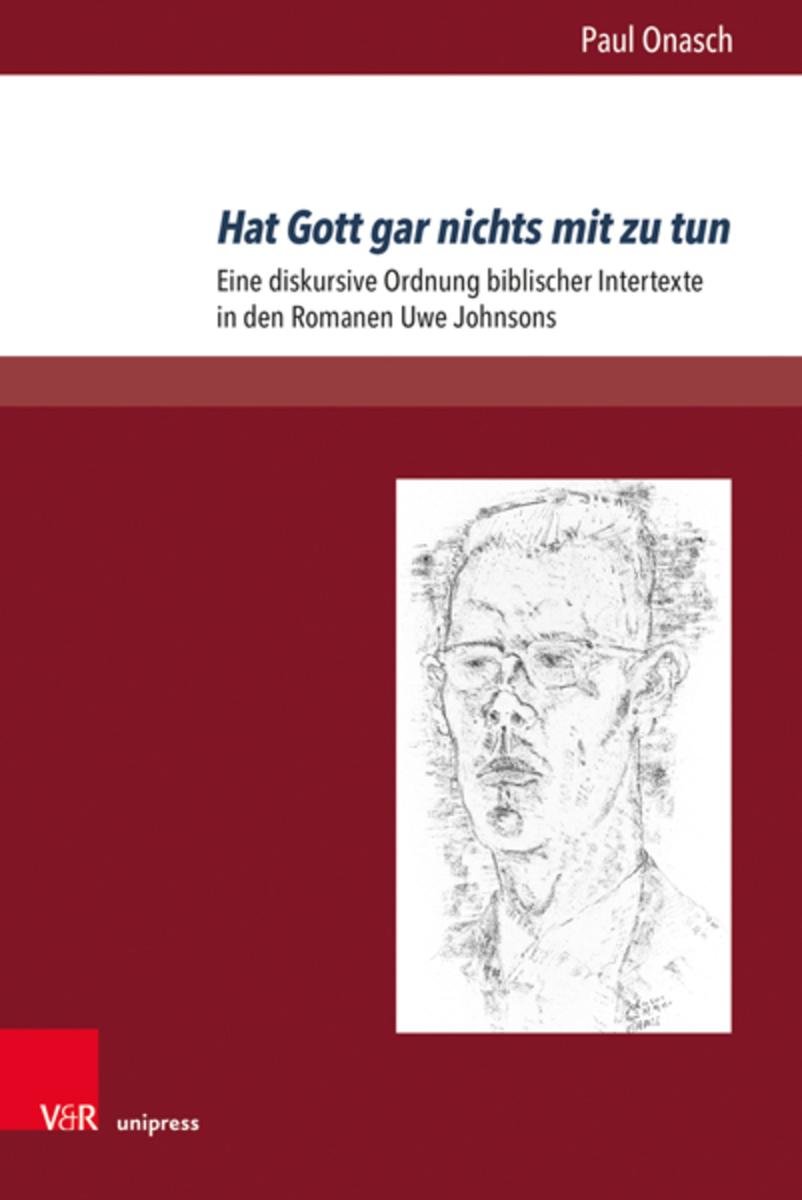Uwe Johnson bekundete Ende der 1960er Jahre, das Interesse an der Religion nach dem Zweiten Weltkrieg verloren zu haben und über keine religiösen Bindungen (mehr) zu verfügen. Demgegenüber zeugen seine Romane, vom Erstling »Ingrid Babendererde« bis zum Opus magnum »Jahrestage«, von einem überaus produktiven Umgang mit dem Buch der Bücher, der Bibel. Die zahlreichen Zitate und Anspielungen auf die Heilige Schrift wurden in der vorliegenden Studie umfänglich systematisiert, in eine diskursive Ordnung überführt und auf ihre Funktion(en) hin befragt. Im Zentrum der Bibelrezeption Johnsons steht vor dem Hintergrund des Zivilisationsbruchs in Auschwitz eine doppelte narrative Ethik, in der ethische Komplexe im Medium der Narration reflektiert und zugleich narrativ vorgeführt werden.Uwe Johnson declared at the end of the 1960s that he had lost interest in religion after the Second World War and that he no longer had any religious ties. In contrast, the novels by the Mecklenburg author, from his first novel "Ingrid Babendererde" to the opus magnum "Jahrestage", bear witness to an extremly productive use of the Bible. The numerous quotations and allusions to the Bible have been comprehensively systematized in this study, transferred into a discursive order and questioned as to their function(s). Against the background of civilisation breakout at Auschwitz, Johnson's biblical reception focuses on a double narrative ethic, in which ethical complexes are reflected in the medium of narration and at the same time presented in a narrative way.


